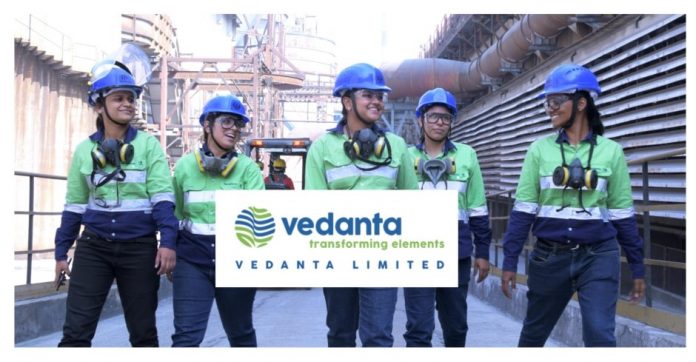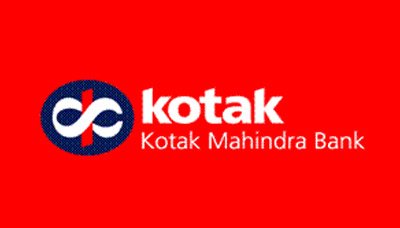New Delhi, 8 Mar 2021: Vedanta is one of the world’s leading natural resources companies and its Aluminium and Power business is by far India’s largest producer of Aluminium and also one of the largest private power producers. Its value-added aluminium products are leaders the world-over catering to key industry sectors, from aerospace to electrification. The company’s markets, customers and businesses are diverse and complex and thus the business needs people having diverse points of view, experiences, skills, and education so that their business strategies are correspondingly well-rounded. The employees of Vedanta Limited’s Aluminium and Power business exemplify the fundamental pillars of diversity and inclusion of the business.
Traditionally, there are very few women in the manufacturing and heavy engineering segment and even less in the metals and mining industries. Many skilled women at Vedanta’s Aluminium & Power business, are successfully handling myriad core operations and technical roles, ranging from metal production, logistics, civil work and railway infrastructure to finance, security, and commodities procurement. In fact, its plant in Odisha also has an all-women fire-fighting team.
So how has the business succeeded in a creating a healthy mix of highly trained women employees in a sector that is unconventional for women, and that too in some of the remotest parts of the country?
Rahul Sharma, Dy. CEO – Aluminium Business, Vedanta Ltd. says, “At Vedanta, we look at every role, no matter how traditional, as absolutely gender-agnostic. This means women can and do take up and lead any role in any function, from operations & maintenance, security, R&D, marketing, finance and HR, public relations, right up to operating cranes and smelter pot tending machines. As India’s largest aluminium producer, we strive to foster a culture that nurtures merit, excellence, healthy competition and above all, an innovative spirit.”
Adding to this, in a nutshell the company’s approach is to:
- Women, like all employees, are hired for their attitude and willingness to learn, and sound educational and technical qualifications. They are then provided with the best possible training from global experts and an ecosystem designed to ensure they are supported at various life stages. They are set up to succeed.
- The company’s secret sauce seems to be is the job content and meaningful responsibilities that employees have when they work for Vedanta. That really is what attracts them here and goes a long way towards talent retention. Roles are designed to be empowering. In addition, the Aluminium Business is at a remarkable inflection point which allows for a lot of innovation, new ways of working – and a truly diverse and inclusive workplace that allows for unprecedented learning and a ringside view of global best practices. Since the company is constantly growing, developing new products and expanding its operations, Vedanta’s work-culture offers the excitement of a start-up and the stability of a large global conglomerate, both at the same time.
While their production plants are located in the hinterlands of Odisha and Chhattisgarh, the women who work there are talented, ambitious, and driven. They have leveled the playing field by undertaking critical roles in core operations and take pride in the contribution they are making to the growth of the business.
With over 14 years of experience in the management of Civil Projects, Jyothi R Krishna is the Manager, Civil Work Infrastructure and Railway Projects, at Vedanta’s aluminium complex at Jharsuguda in Odisha. Jyothi is of the firm belief that, “In our business, we are driven by the fact that we produce one of the country’s most crucial and strategic metals – aluminium – that is necessary for India’s self-reliance in manufacturing. My colleagues and I are motivated by this desire to serve the country by ensuring our nation never sees a shortfall of this critical raw material. This mission fulfills me and spurs me on, both personally and professionally.” Incidentally, Vedanta’s Jharsuguda plant is one of the world’s largest aluminium smelters, producing more than a third of India’s aluminium.
In the course of her work, Aancy Kujur, Security Officer at Vedanta’s Jharsuguda plant, is bold and does not back down from the multiple challenges she faces at work. Aancy often has the unpleasant task of dealing face-to-face with anti-social elements, material theft attempts, weapon bearing intruders and several other challenges. However, staying calm, she remains undaunted and as she counters each problem. She is one who always has a smile on her face, an indication of the joy she feels when working at Vedanta.
Vasudha Singhal, Head – Coal Procurement and Contracts, at Vedanta’s Aluminium business remembers how after completing her engineering degree in Electronics Instrumentation and Control, several manufacturing companies refused to let her even appear for any of the campus placement exams and interviews citing that most job opportunities were reserved for men. Not only did Vedanta Aluminium and Power encourage her to go through the placement process, realizing her potential, they recruited her as a Maintenance Engineer. With the zeal to learn different aspects of the manufacturing process, she then moved to the Safety Department. Safety is Vedanta’s number one priority and Vasudha could make significant contributions to the culture of safety in the organization.
With a strong impetus on “Make in India” by the government, numerous opportunities are opening in core operations in the manufacturing sector, and it is high time that we close the talent gap with women employees.
The organization believes that its women employees, apart from being professionally qualified and experienced for their roles, also bring in different perspectives, technical prowess, empathy, compassion, and attention to detail into the industry. Each of them signifies the environment of inclusion and respect fostered by changing mindsets and behavior in an industry traditionally dominated by men.






